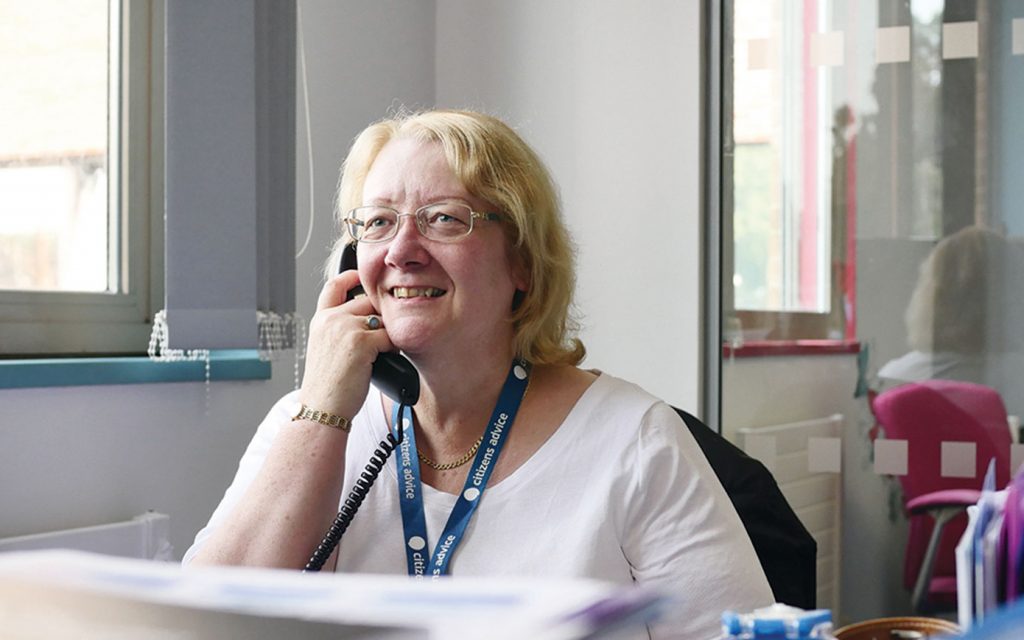How to apply for financial support grants if you have a brain tumour
Here we’ll give you tips and advice to help you be successful when applying for financial support grants after receiving a brain tumour diagnosis.
We understand that the thought of applying for financial support grants might be difficult or overwhelming. It may be something you’ve never had to think about before – so where do you start? We’ve put together this information to help direct you through this process and understand what to do next.
Whilst The Brain Tumour Charity does not give financial help for individuals directly, we can advise you on charitable sources that help people in financial hardship. Keep reading to find out more or contact our Support Team by phoning 0808 800 0004 or emailing support@thebraintumourcharity.org.
How to find financial support grants for those affected by a brain tumour
Most grants have a strict eligibility criteria so it’s important to pay attention to this before applying. Common examples of eligibility include:
- specific types or stages of illness
- being below a certain level of income
- geographic area
- age group.
Each charity or organisation that offers grants will also have their own application process that you’ll need to follow. And, some will only accept applications from a professional on your behalf.
This may sound confusing, but the process of finding the right grant has been made simpler by grant search tools on sites such as Turn2us and GrantsOnline.
Below you’ll find a few links to grants that you might be eligible for.

Expert benefits & money advice
Benefits and Money Advice Clinic supported 339 people in the last financial year (22/23), to the tune of £807,938.
In total the clinic has supported people to the amount of £4,353,428 since it started in 2016, supporting over 1100 people.
Tips for a successful financial support grant application
It’s important to note that organisations aren’t able to award grants to everyone who applies. Unfortunately, there will be worthy cases that won’t be awarded assistance through no fault of their own, due to limited funding.
A lot of organisations will have deadlines for new applications as well. So, if you’re considering applying for a grant, make sure you check the dates you can apply.
To give yourself the best chance of a reply, look through these tips on writing an application.
- Give yourself plenty of time to write your application and be sure to tell your story. It’s up to you to be open about your illness and the challenges it presents. Talk about the days where you particularly struggle and how their support could make a real difference.
- Try your best to be relatively concise, most of these organisations receive a lot of applications. If you can keep within the form boundaries or to a single A4 page this will work in your favour.
- Some grants need a rough estimate of cost. For example, if you have a specific need like a bed or an appliance, remember to include this. Each grant will clearly state whether this is necessary, so do a checklist of items they recommend to include so you don’t forget.
- Ask for help if you can. If you have a family member or friend that can help write or proof-read your application, then make use of this support. Alternatively, if a support worker or professional organisation can write on your behalf, consider asking for their help if you’re uncomfortable with forms.
Support and Information Services
Research & Clinical Trials Information
You can also join our active online community.
In this section

Get support
If you need someone to talk to or advice on where to get help, our Support and Information team is available by phone, email or live-chat.
Recommended reading
Share your experiences and help create change
By taking part in our Improving Brain Tumour Care surveys and sharing your experiences, you can help us improve treatment and care for everyone affected by a brain tumour.